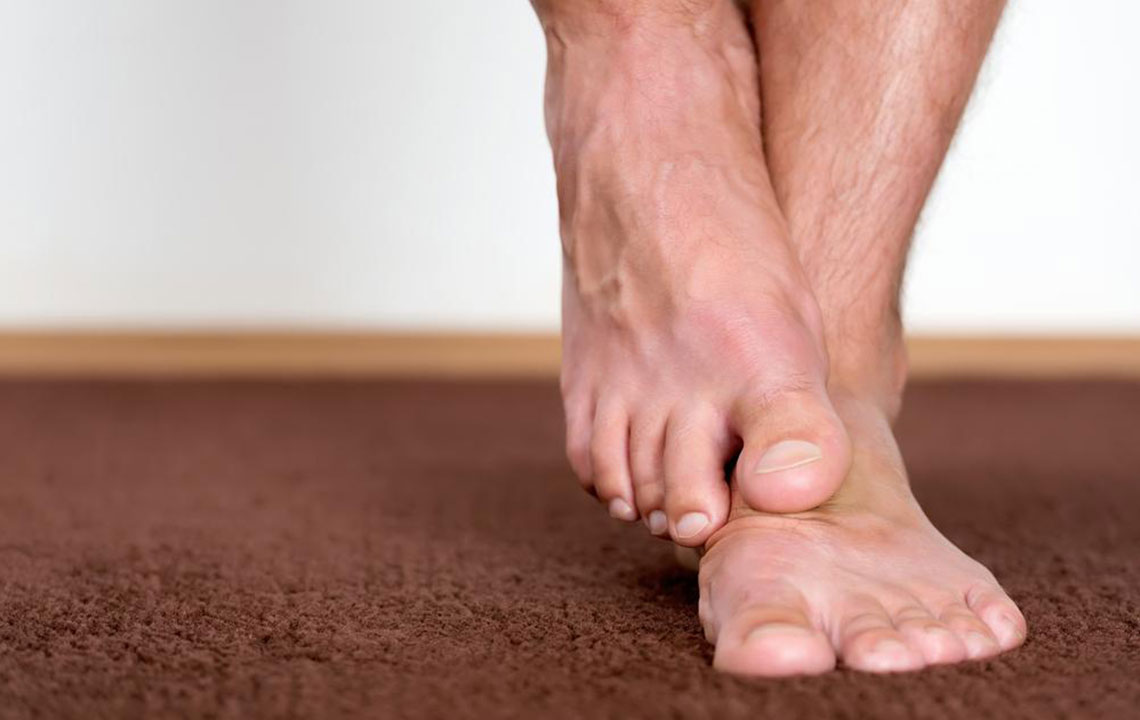Effective Strategies for Managing Fibromyalgia and Enhancing Well-Being
Discover effective approaches to manage fibromyalgia symptoms, including medications, therapies, and lifestyle changes that enhance well-being and reduce pain and fatigue. Learn how to improve quality of life through proven treatments and holistic practices tailored to your needs.
Sponsored

Fibromyalgia is a chronic condition characterized by widespread pain and discomfort. Individuals with fibromyalgia often experience tender spots across shoulders, arms, legs, hips, back, and neck that become painful upon pressure.
Approximately 5 million Americans aged 18 and older are affected by this disorder, with women being predominantly impacted. However, it can also occur in men and children, typically diagnosed in middle age.
Proven Methods to Ease Fibromyalgia Pain
This condition can severely affect quality of life by causing persistent pain and fatigue.
Several treatment options are available to alleviate fibromyalgia symptoms and improve daily functioning:
Pain Relief Medications
Over-the-counter pain relievers like ibuprofen, aspirin, or naproxen sodium are commonly recommended after medical consultation. Benefits include:
Relief from muscle soreness
Decreased inflammation
Better sleep quality
Additional Pharmacological Options
Anticonvulsants such as pregabalin (Lyrica), approved by the FDA, and gabapentin can help ease nerve-related discomfort. Be aware of possible side effects like weight gain, dry mouth, swelling, and dizziness.
Antidepressants
These medications can reduce pain and fatigue but should only be used under medical supervision due to potential side effects like weight fluctuations, nausea, or decreased libido.
Medical Cannabis
Studies suggest that medical marijuana may aid fibromyalgia patients by promoting sleep, reducing pain, stiffness, and stress, and enhancing overall relaxation and mental health.
Mind-Body Techniques: Tai Chi and Yoga
Tai Chi involves gentle movements, breathing, and meditation to improve strength, balance, and stamina. Yoga, combining breathing exercises, gentle postures, and meditation, has shown to improve mood and lessen pain and fatigue. Always inform instructors about your condition for tailored exercises.
Physical Therapy
Physical therapy aims to improve mobility and strengthen muscles. Therapists customize programs to target specific symptoms, teaching self-care strategies to manage pain and energy levels effectively.
Acupuncture
This traditional method uses needles to stimulate specific points, encouraging blood flow and natural healing. Positive results have been observed, but some individuals may experience bruising or soreness.
Addressing Fibromyalgia Fatigue
Persistent tiredness despite adequate sleep is common. Ensuring sufficient vitamin D intake can help, but consult a healthcare provider before supplementation, as excess can be harmful.
Regular exercise such as walking, swimming, cycling, or jogging boosts energy, releases endorphins, and improves sleep quality, combating fatigue effectively.
While fibromyalgia is a lifelong condition, various strategies and treatments exist to manage symptoms and improve quality of life. With proper care, individuals can lead healthier, more comfortable lives.






